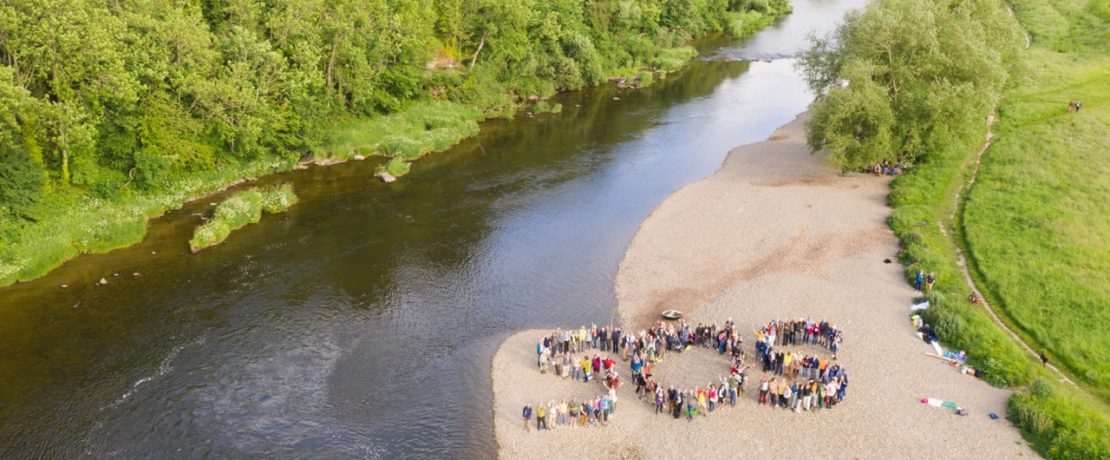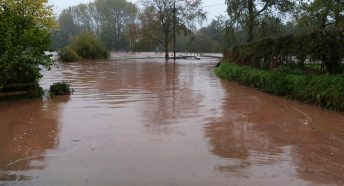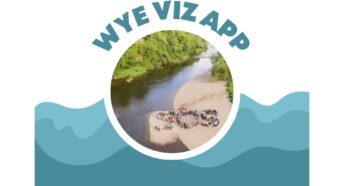Professor Sir Dieter Helm proposes a solution to save our rivers.
The article titled ‘The muddle of nutrient neutrality’ written by Professor Sir Dieter Helm discusses the need for action regarding the state of rivers in the UK and the increasing demand for new housing.
The full article, available here, is a fascinating and informative a read. Professor Helm is professor if economic policy at the University of Oxford and fellow in economics at New college Oxford.
In summary, the article suggests that while there is consensus on the need for action, there is disagreement on how to proceed. EU rules state that houses should not be built in environmentally sensitive areas where nutrient pollution is likely to increase. However, house builders are attracted to these areas because they can charge higher prices for properties located in desirable locations.
The government, while led by Michael Gove as Secretary of State for the Environment, promised to have higher environmental standards than the EU after Brexit. To address the conflict between EU requirements and the ambitions of house builders, Gove and Theresa Coffey proposed a mitigation package. However, the Office for Environmental Protection has expressed concerns about the credibility of this package and its lack of specific details.
The article argues that quick fixes and a siloed approach to regulation and planning are not sufficient to address water and sewerage issues in the long term. Instead the creation of a single catchment system regulator is a long-term approach to address nutrient and river pollution holistically. This would involve an integrated solution to catchments, considering the contributions of farmers, water companies, houses, roads, and flood defences in reducing their effects. It would also focus on natural capital solutions, such as using natural methods to absorb stormwater and filter pollutants, which can have additional benefits like carbon capture and biodiversity enhancement. This approach could also reduce bureaucracy and ensure that all stakeholders contribute to achieving key outcomes.
Read the full article here.
As we understand delaying action will only lead to more crises in the water sector that will eventually need to be addressed. We need to put pressure on our government now, click here to sign River Actions ‘give us back our rivers’ petition and if you have some time to spare please visit our volunteer page to join our Citizen Science project monitoring pollution in the River Wye.









